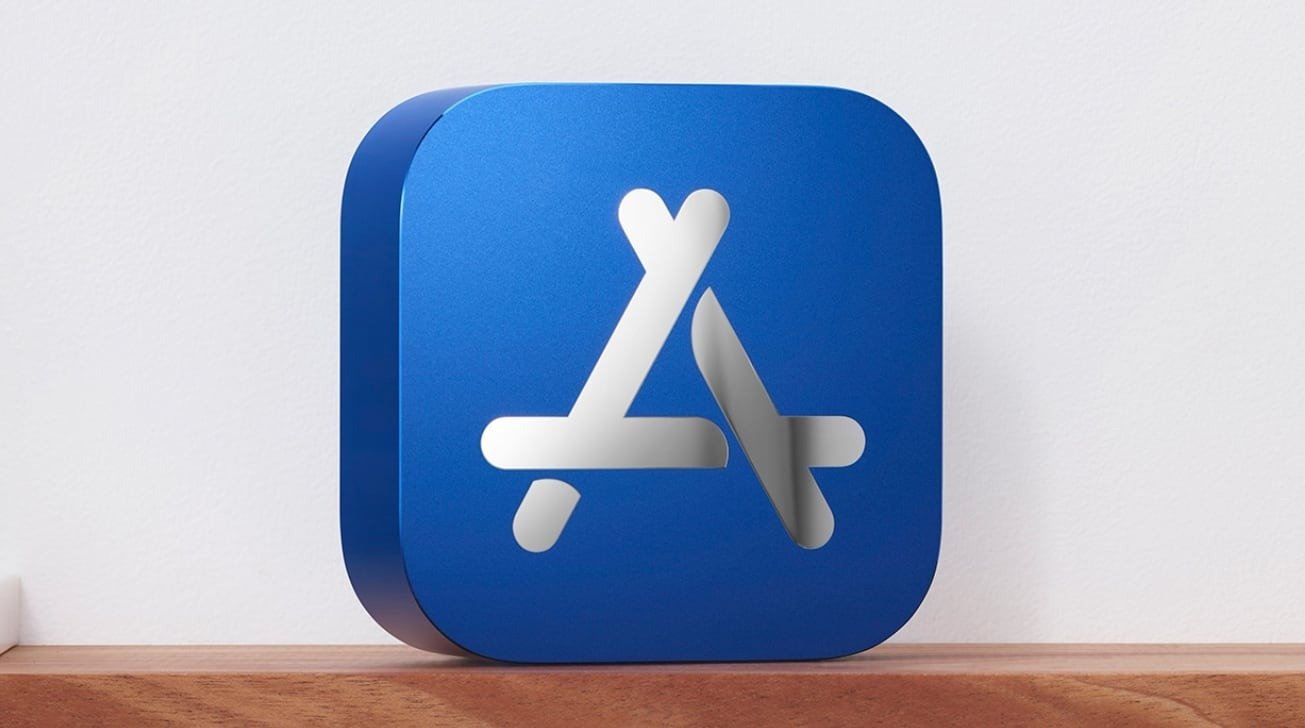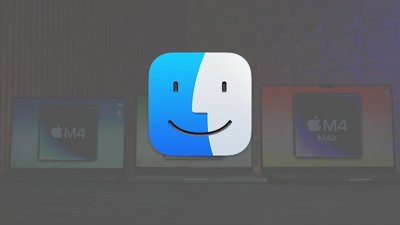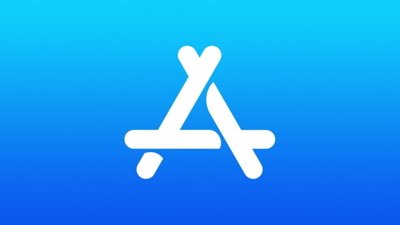A proposed class-action lawsuit claims Apple leveraged its popular iOS platform to create a closed ecosystem that locked customers into a software aftermarket saddled by App Store commissions, fees which continue to drive "supracompetetive" profits.
Lodged with the U.S. District Court for the Northern District of California, the lawsuit alleges Apple engages in anticompetitive behavior by limiting iPhone, iPod touch and other iOS devices to its own operating system, forcing developers to accept App Store terms on said operating system, restricting third-party app marketplaces and, importantly, levying a 30% commission on App Store purchases.
Also noted in the complaint are subsequent changes to App Store policy that allegedly illustrate Apple's scheme to corner the iOS app market. Included as supposed evidence is the company's long-running 30% fee on App Store purchases, introduction of subscriptions services, rigid app and in-app content pricing guidelines, and stringent developer contracts, among other policies.
Apple does not apply the same limitations evenly to other operating systems. On macOS, for example, users are allowed to download and run apps from the internet and other distributors.
"Apple's motive for its anticompetitive conduct was simple: Apple did not want its iOS Device-related revenue stream to end when a consumer bought an iOS Device, like it generally does when consumers purchase iMac and MacBook computers," the complaint reads. "So Apple concocted and maintained a plan to continue generating additional revenues over the entire useful life of every iOS Device it sold by cornering the distribution market for iOS applications and charging consumers an extra 30% for every app."
The complaint alleges that consumers pay more for their apps because Apple has nullified competition on its platform. Customers are not able to shop for apps on other app stores, which might offer content at a lower price than Apple's first-party marketplace, according to plaintiffs. Further, Apple's "monopolization" of the app market allegedly caused a reduction in the supply of apps.
Plaintiffs argue that competition is also injured under the same rubric.
The proposed class is vast and includes anyone who purchased an iOS app or app license from Apple, or who made an in-app purchase, from Dec. 29, 2007, through the present.
Named plaintiffs alleged multiple violations of the Sherman Act and the California Unfair Competition Law, and seek a judgment that would prohibit Apple from selling devices without first obtaining contractual consent to "Apple's monopolization of and charging of monopoly prices in the iOS apps aftermarket" and "having their iOS Devices locked to accept only apps or purchased from Apple." Damages and legal fees are also sought.
 Mikey Campbell
Mikey Campbell







-m.jpg)






 Malcolm Owen
Malcolm Owen
 William Gallagher
William Gallagher
 Chip Loder
Chip Loder
 Brian Patterson
Brian Patterson
 Christine McKee
Christine McKee
 Wesley Hilliard
Wesley Hilliard
 Amber Neely
Amber Neely


-m.jpg)






31 Comments
Can people who are fine with the App Store file a class action lawsuit against the people who filed one against Apple?
And these same folks are ok with Nintendo locking Switch to its own online marketplace?
How long more do those who supports the App Store model has to endure all these folks who are against it yet do not want to go Android?
Simple solution. You don’t like the App Store model, buy an Android. When you buy an iPhone or iPad you know what you’re getting. So stfu all of them.
People that buy or develop for iOS devices have no excuse for not knowing WTF they're doing. The vast majority are fully aware, and more than approve of the ecosystem's details.
The ones making noise are mostly jealous losers, as is obvious to most.